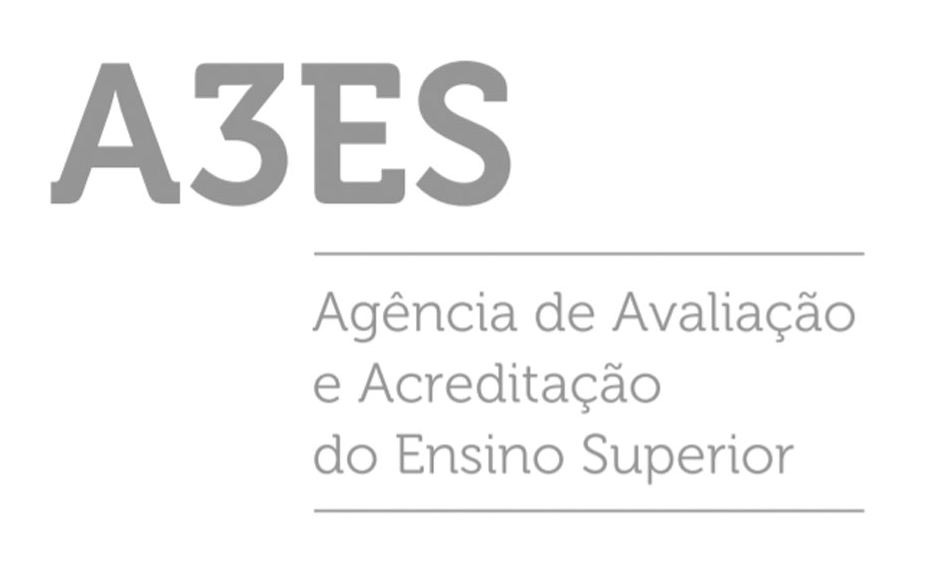Neurosciences
The PhD in Neurosciences consists of two parts. The first, the curricular year, is a propaedeutic and probationary period where the student acquires knowledge on fundamental subjects in Neurosciences and 'soft skills' necessary for scientific investigation, scientific method, and contacts with a wide range of teachers and research fields for an informed and mature choice of the experimental project to be developed in subsequent years. The second part corresponds to the development of original research, under supervision, that is expected to lead to new knowledge in the field and should be published in recognized international Journals.
3 reasons to choose this program
1.
Dynamic and integrated training that encourages the inter-relationship between many areas of knowledge in the field of Neurosciences
2.
Possibility to develop projects in collaboration with other research groups, in order to increase the work internationalization
3.
Development of skills for publication of scientific articles in specialty journals of international dissemination and recognized scientific merit
Objetives
- To provide the student with an in-depth understanding of issues related to Neurosciences.
- To promote acquisition of skills allowing the student to carry out scientific research in a progressively autonomous way, through dynamic and integrated training that encourages the interrelationship between the different areas of knowledge in the field of Neurosciences
- To promote development of abilities so that the student will be able to conceive, design and carry out relevant original research, critically analyse of new concepts, communicate with their peers, as well as to develop means to promote technological progress.
- To promote the development of capacities for publishing scientific findings during the execution of their PhD project, which must be published in specialized journals of international dissemination and of recognized scientific merit.
- To encourage the student to carry out some specific tasks of the project in collaboration with other research groups, in order to foster internationalization of the work, as well as the progressive autonomy of the student.
Skill Acquisition
- Capacity to carry out autonomous scientific research integrated into the national and international scientific community
- Ability to critically analyse scientific findings, formulate hypotheses and design strategies to test them
- Skills necessary for the publication of original scientific data in journals of recognized international merit
- Ability to establish relationships between peers and inter-institutional and international cooperation
- Ability to recognize and eventually implement technological advances related to the progress of research in Neurosciences
Professional Opportunities
- Research Career in Experimental Neurosciences or Clinical Neurosciences
- Academic career
- Entrepreneurial Career whenever in-depth knowledge of research activity in Neurosciences constitutes an added value.
Research Topics
- Cellular and Molecular Neurobiology
- Autonomic Function
- Neuropathology and Clinical Neurophysiology
- Cognitive Functions, Aging and Dementia
- Computational Neuroscience and its relationship with the study of psychopathologies
Target Students
Master's degree or equivalent in Medicine, Biochemistry, Pharmacy, Dentistry, Veterinary Medicine, Biophysics, Biology, Psychology, Bioengineering, Physics, Chemistry or related sciences.
Admission conditions
Candidates will be ranked by means of a curricular assessment and an interview in accordance with the criteria and weighting defined by the Scientific Committee of the master's degree:
Curriculum appraisal: 60%, which will include assessment of the following parameters:
- Classification obtained in previous degree(s);
- Motivation and rationale for the application, expressed in the letter of motivation;
- Professional experience in the field, including work carried out.
Interview: 40%, which will cover the following parameters:
- Proven skills;
- Suitability of the candidate's discourse to the objectives of the postgraduate course to which they are applying;
- Matching the candidate's needs and expectations to the potential and limitations of the master's program;
- The candidate's capacity for empathy and interpersonal relationships, in the context of team and multidisciplinary research work;
- The candidate's openness to exploring related areas in potential integrated projects with other groups dedicated to different themes.
What you need to know about this program
The instruction of the process is carried out in the academic portal fenix candidate area, with the completion of all tabs and submission of the following documents:
- Proposal for writing the thesis - Provisional Version
- Updated summary of the Curriculum Vitae, with reference to indexed publications (2 to 5 A4 sheets);
- Abstract of the thesis (the thesis must include abstracts in Portuguese and in another official language of the European Union, with a minimum of 300 words each, up to 5 keywords in Portuguese and in another official language of the European Union, and indexes).
When, according to the specific regulations, the thesis is written in a foreign language, it must be accompanied by a more developed abstract in Portuguese, with a length of between 1200 and 1500 words.
- Supervisor(s) advice(s) on the final draft of the Thesis (2 copies - 1 A4 sheet).
- Submission of dated and signed Thesis Committee reports.
- Formative booklet signed by the supervisor(s).
Supporting documents:
The instruction of the process is carried out at the Advanced Training Institute (IFA) with the submission of documents, in pdf format. by email sharing Dropbox, Google Drive or WeTransfer link to the email address: provas.academicas@medicina.ulisboa.pt
Required documents:
- Application addressed to FMUL's President of the Scientific Council requesting the scheduling of PhD exams.
- Payment of the fee of € 500 according to the table of fees in force, consult the personal area of the fénix academic secretariat
- PhD Thesis; Curriculum Vitae; PhD Thesis Summary
- Declaração de cedência de dados
Internal rules to be observed on the inside cover of the thesis
By express determination of FML Director (order-48/2004), for the purposes of printing the PhD thesis, all volumes must contain on the inside cover the following statement, in bold and body 14, on the inner 1/4 of that page:
"The printing of this thesis was approved by Lisbon School of Medicine Scientific Council at a meeting on (date of approval)."
Supporting documents::
Thesis Approval
The thesis is final after the tests have been completed (when no corrections have been requested) or after the President of the Jury has confirmed that the requested corrections have been made.
Documents to be submitted:
The candidate has, after the test, 30 working days to deliver, under the terms of article 46 D, of Decree-Law no. 65/2018, 1 copy of the thesis on paper for the purpose of the legal deposit provided for in paragraph 4 of article 50 of the same decree-law.
It is also necessary to deliver it in digital pen-drive format:
3 copies of the definitive thesis;
1 curriculum vitae;
1 copy of the provisional version of the thesis;
The formatting of the cover of the definitive thesis follows the same criteria defined in the formatting of the provisional cover excluding the designation "provisional version".
To be available soon




